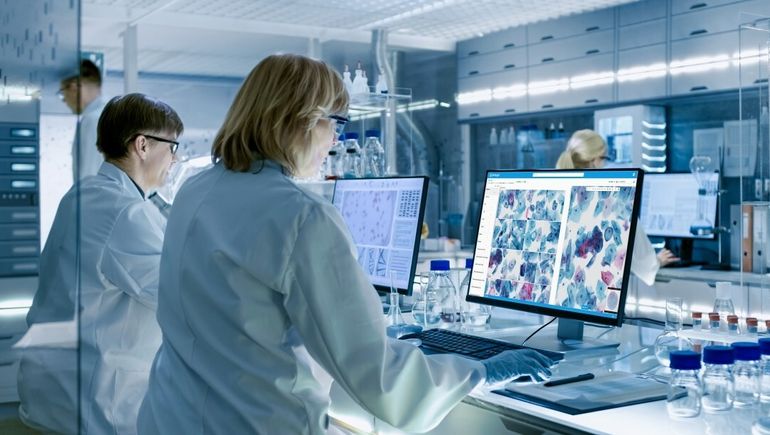Dive Brief:
- BD has partnered with Techcyte to offer an artificial intelligence (AI)-enabled cervical cancer screening system, the companies announced Tuesday.
- Techcyte has developed a system to reduce the amount of cells pathologists need to review on BD Surepath and Hologic Thinprep slides. The system, which has yet to win approval in the U.S., uses AI to present “the most diagnostically relevant images.”
- BD sees the technology as a way to help overcome the “dearth of expert cytologists” and make the Pap test process for cervical cancer more efficient.
Dive Insight:
Cervical cancer was responsible for an estimated 342,000 deaths globally in 2020, according to the World Health Organization. Limited access to screening is one reason that people continue to die of cervical cancer.
BD supports screening with its human papillomavirus (HPV) assay and liquid-based Pap test, Surepath. While HPV testing is, by BD’s own admission, more sensitive, the company expects Pap tests to “continue to play an important diagnostic role, as programs are transitioning to the new standard of care.”
Techcyte’s system is compatible with multiple liquid-based cytology preparations, including Surepath. Traditionally, cytotechnologists and pathologists viewed glass slides under a microscope. To use Techcyte’s system, technologists prepare slides using systems such as Surepath and scan them to create digital files. The AI algorithm then identifies cells with features that suggest they may be diagnostically relevant.
Cytotechnologists and pathologists log into Techcyte’s web-based platform to view the scans.
Techcyte CEO Ben Cahoon explained the potential benefits of having the AI identify atypical cells in a statement.
“Eye strain, fatigue, distractions and intense workloads can make manually reading Pap smears difficult. Our system presents the most diagnostically relevant cell images to guide the cytotechnologists and pathologists for efficient review and better decision making,” Cahoon said.
The system is CE marked under the old European Union directive. However, Techcyte has yet to win Food and Drug Administration approval or receive a CE mark under the new EU regulation.
BD and Techcyte expect to make the system available in Europe in the first half of the year and enter the U.S. market once the FDA approves the system for clinical use.

